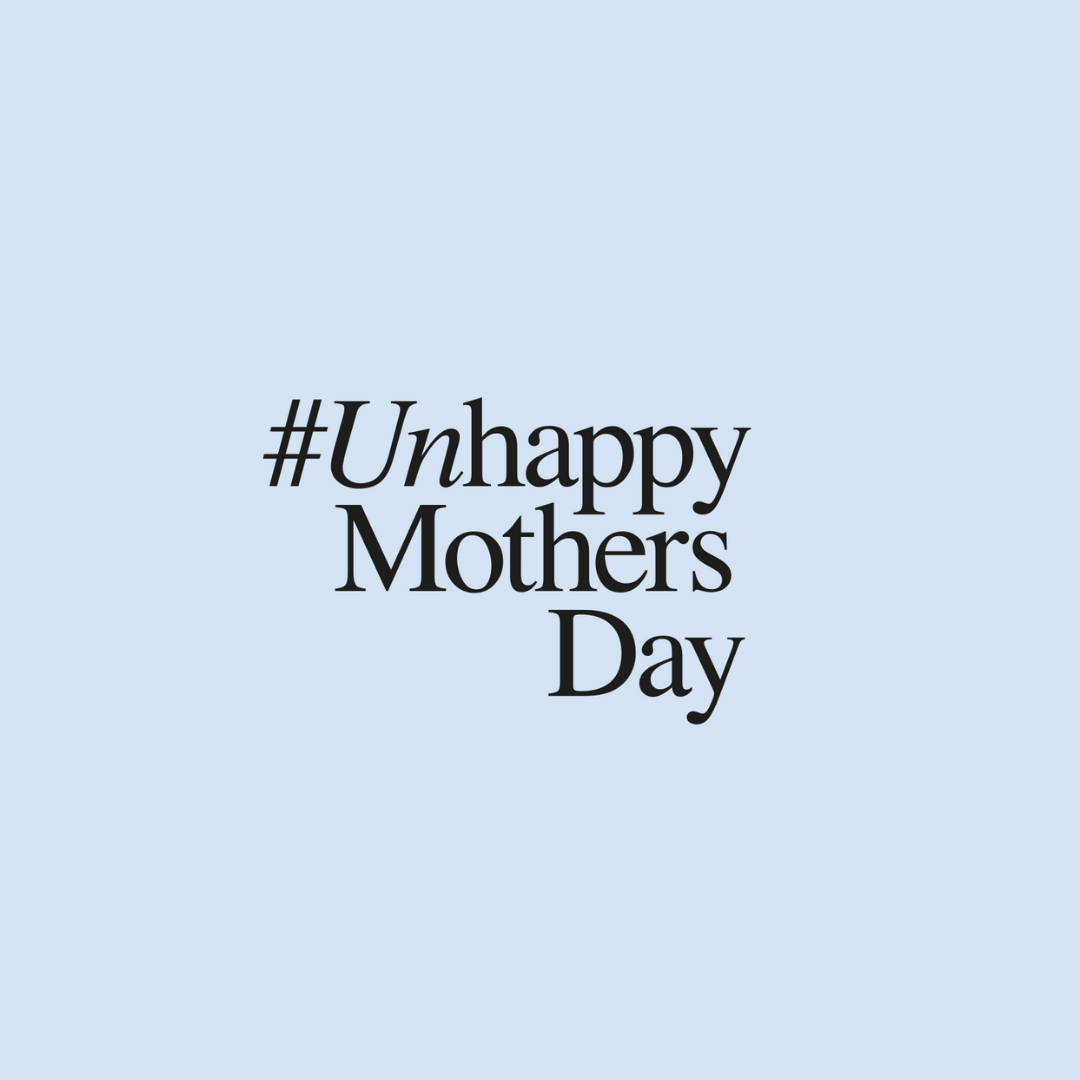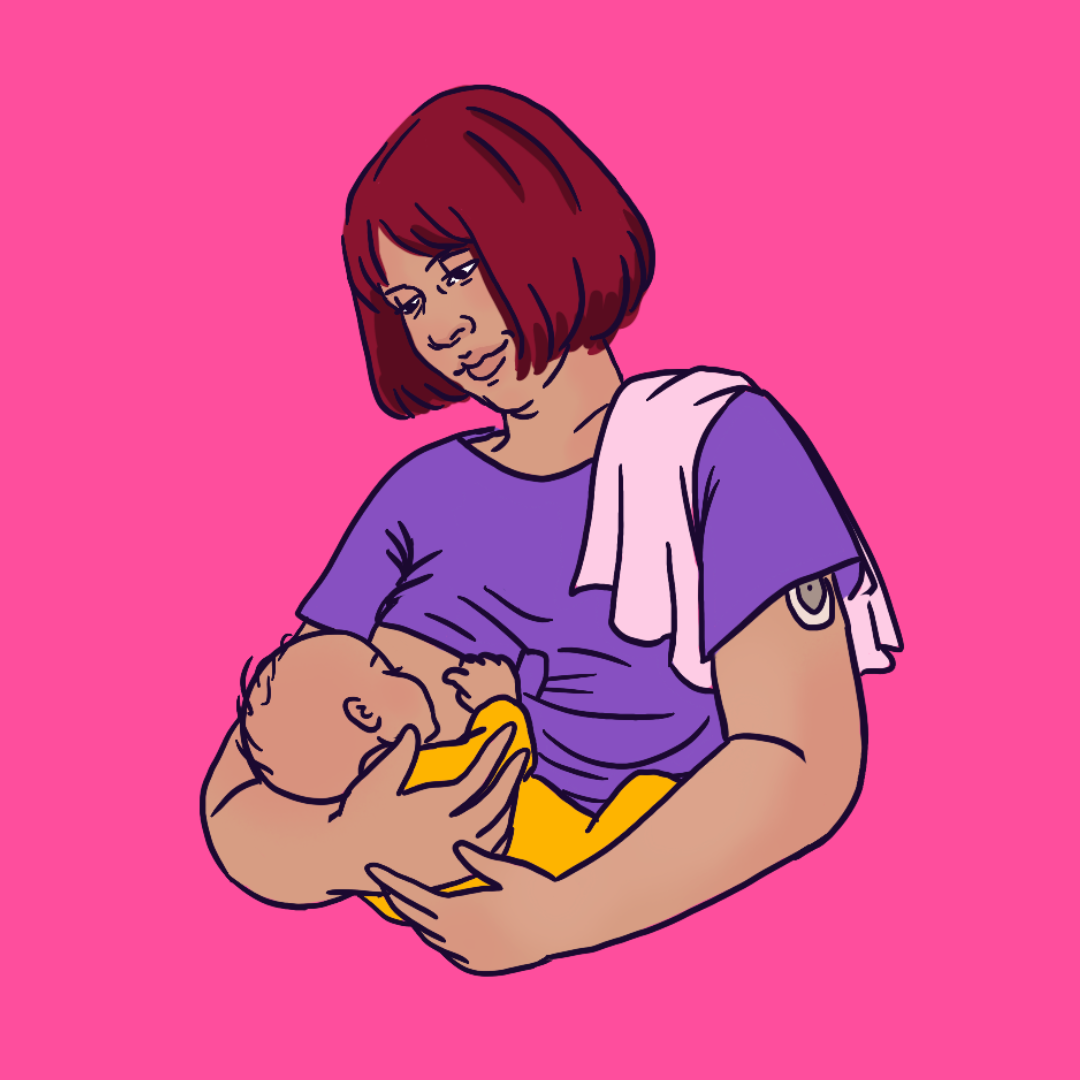Almost two thirds of families are paying more, or the same, for their childcare as they do their rent or mortgage, according to a landmark survey of 27,000 parents of young children.
9 in 10 mothers say all they want for mother’s day is good quality affordable childcare
Date 25TH March 2022: The two leading organisations for mums in the UK, Pregnant Then Screwed and Mumsnet, have conducted the biggest survey of its kind into the impact childcare costs are having on families. The survey of 26,962 parents of young children found that 62% say that the cost of childcare is now the same or more than their rent/mortgage. This rises to 73% for single parents, and 73% for parents who work full time, demonstrating that high childcare costs are a key driver for women being pushed into low-paid part-time work. Indeed 43% of mums said that the cost of childcare has made them consider leaving their job and 40% said they have had to work fewer hours than they would like because of childcare costs
One in four (25%) parents say that they have had to cut down on necessary expenses such as food, heating or clothing to afford childcare. Rising to almost half (48%) for young parents and more than half (53%) of all single parents. 13% of single parents say they have had to use a food bank due to increased childcare costs and other costs. 80% of parents expect their childcare bill to rise further in the next 6 months. And 99% of parents say that the cost of childcare is making the cost of living crisis even more challenging.
The availability of childcare is also causing huge issues for parents with 41% saying there is a waiting list of 6 months or more at their local childcare provider and 1 in 5 parents (19%) say they have experienced the closure of their local childcare setting in the last 12 months
The inadequate provision of childcare infrastructure contributes to child poverty and the gender pay gap. Pregnant Then Screwed in collaboration with Grazia launched a campaign last year to ask the Government to commission an independent review of our childcare system to evaluate why families are being so badly failed. The petition, signed by more than 113,000 people, was rejected on International Women’s Day.
Today, Pregnant Then Screwed are launching a campaign called #UnHappyMothersDay to raise awareness of the many challenges mother’s experience when trying to have children and a career. They will deliver their petition demanding an independent review to 10 Downing Street alongside delivering #UnHappyMothersDay cards to influencers and MPs.

Joeli Brearley, founder of Pregnant Then Screwed said: “Our research with tens of thousands of parents demonstrates that the Government’s approach to childcare just is not working. The Government says they care about the cost of living crisis, and have committed to leveling up, but when two thirds of families are paying the same, or more for their childcare than their rent or mortgage and they are skipping meals to be able to afford it, something has gone horribly wrong. Time and time again research shows that if the Government were to invest in a good quality childcare system, it would pay for itself through increased taxes, but it also decreases the attainment gap between the richest and the poorest children. What is needed is a mind shift in Government. It is abundantly clear that they don’t value childcare – they don’t understand that childcare investment reduces the welfare bill, gets more people into work, improves the skills shortage and has long term benefits for children. They don’t understand that this isn’t just a women’s issue, it’s an economic issue. The Government says they want to support hard working families, but families don’t work without childcare. It is beyond frustrating that childcare is being ignored time and time again by this Government; it wasn’t mentioned once, not once, during the budget statement, meanwhile 99% of families say that the cost of childcare is making the cost of living crisis even more challenging’’
The Women’s Budget Group calculated that investment in a system of free universal early education and childcare of high quality provided to all children in the UK between the age of 6 months and primary school by qualified staff has long-term benefits for children, their parents and the economy. They also found that investment in childcare creates almost 3 times as many jobs as the same investment in construction.
Justine Roberts, CEO of Mumsnet said: “Mumsnet users have been saying for years that childcare provision in the UK is not fit for purpose – and as the cost of living crisis bites, things are only getting worse. For many families, childcare is either expensive to the point of being unusable or unavailable at the times they need. And more often than not, it’s women who are forced to reduce their hours, forego promotions, or even leave work altogether as a result.
Fiddling around the edges will not solve the fundamental problems with childcare in the UK. The Government must come up with a serious plan to fix our broken system and they should start by recognising childcare as the vital infrastructure it is.”
In collaboration with the Pregnant Then Screwed and Mumsnet survey, The Early Years Alliance also surveyed childcare providers with their findings highlighting many childcare providers are struggling to stay afloat. 86% of providers delivering funded three and four-year-old places stated that the funding they receive is less than the cost of delivering places and of those providers who are increasing their fees, 35% stated they wouldn’t have put their fees up if government funding covered the cost of delivering places.
Neil Leitch, chief executive of the Early Years Alliance, said: “It is unacceptable that so many parents are not only struggling to meet their childcare costs, but often are also being forced to make sacrifices in their careers as the result of a lack of affordable, accessible care and education. Early years funding has continually failed to keep up with soaring costs, leaving many providers with no choice but to increase fees in the coming year: it speaks volumes that over a third of our survey respondents said that if they were sufficiently funded, they wouldn’t be raising fees at all this year. With the vast majority of providers saying that the funding they receive is less than the cost of delivering places and even more worryingly, with even those that are set to receive funding increases in April telling us that this won’t be not enough to cover delivery costs, things are going to get a lot worse before they get better. Providers are now facing a cliff edge, with more than a third of early years businesses currently operating at a loss (30%) and even more (34%) expecting to operate at a loss in a years’ time – but this could all be avoided if the government finally admitted there is a problem and took action to plug the widening funding gap.’’
“Early years providers offer a lifeline for working parents and vital early education for young children, but it is becoming near-impossible for them to offer these critical services at affordable prices. The government needs to address the sector’s funding gap before more parents – and especially mothers – are forced to pay ever-increasing prices and compromise their careers to ensure their child can receive good quality care and education.”
Bridget Phillipson MP, Labour’s Shadow Education Secretary, said: “It’s utterly appalling that families are having to cut back on essentials to pay for childcare. High quality childcare boosts life chances and is essential for working parents but under this government it’s increasingly unavailable and unaffordable.
“Labour would put families first, with our Children’s Recovery Plan making before and after-school clubs available to all. In halting the National Insurance tax rise and using a one-off windfall tax on oil and gas producers, Labour would cut household bills by up to £600 and put money back in families’ pockets.
“Ministers must not standby while families are priced out of parenting.”
-ENDS-
For further press information or case studies from Pregnant Then Screwed please contact: [email protected]
Notes to Editor:
About Pregnant Then Screwed (www.pregnantthenscrewed.com). Pregnant Then Screwed is a charity that seeks to protect, support and promote the rights of pregnant women and mothers. We carry out extensive research into the effects of systemic cultural and institutional discrimination during pregnancy and motherhood. Our support services include: a free employment rights helpline, pro bono legal advice and a tribunal mentor scheme that supports women who are considering legal action against their employer.
We campaign for changes that will end the motherhood penalty and we support working mums to rebuild their confidence and find work that works for them.
Full data overview:
From 15th March until 18th March 2022 we surveyed 27,544 people. This includes 26,962 parents of children, 26,436 mothers and 25,082 parents of children under the age of 5 years old.
The Pregnant Then Screwed and Mumsnet survey was self selecting and ran via Typeform.
How childcare costs are influencing the low birth rate in the UK:
- 76% of women who do not have children say that childcare costs are either a factor in why they don’t have children or it is the main reason they don’t have children
- This rises to 79% for those in London and 80% for those in the North East
- 100% of men and women in Northern Ireland and Wales who don’t have kids said that childcare costs are either a factor in why they don’t have children or it is the main reason they don’t have children
- 62% of parents say that high childcare costs are preventing them from having more children.
- Only 6% of parents say they wouldn’t consider childcare costs when deciding whether to have more children
Childcare availability:
- 29% of those who don’t use formal childcare say they have been unable to find suitable childcare
- 41% of parents say there is a waiting list of 6 months or more at their local childcare provider
- 82% of parents say there is a waiting list at their local childcare provider
- Parents based in London were more likely to say that there is a waiting list at their local childcare provider
- 19% of parents have experienced the closure of their formal childcare setting in the last 12 months. This rises to 25% in Scotland
- Those in the North East were the least likely to have experienced the closure of a formal childcare setting at only 16%
- 25% say that their working hours don’t fit with the availability of local childcare
The impact of childcare costs:
- 75% of those who do not use formal childcare say they cannot afford it, rising to 81% of those who have 2 children under the age of 5 years old and 87% of young mums (under 26 years old)
- 62% of parents say that the cost of childcare is the same or more than their rent/mortgage. This rises to 71% for Black and Asian families, 73% for parents who work full time and 73% for single parents
- 66% of parents say that the cost of their childcare has increased in the last 6 months. 32% say it has increased by between 5% – 10%. This increases to 36% for those in the North West and 37% for those in Yorkshire and the Humber
- 80% of parents said that the cost of their childcare will increase in the next 6 months with 37% say they expect it to increase by between 5-10%
- 99% of parents say that childcare costs are making the cost of living crisis even more challenging
- 24% of parents say they now have to rely on family or friends much more for childcare because of rising costs, rising to 43% for young parents
- 25% of parents say that they have had to cut down on necessary expenses such as food, heating or clothing to afford childcare. Rising to 48% for young parents and 53% of single parents
- 40% of mothers say they have had to work fewer hours than they would like because of childcare costs
- 18% Of mothers say they have had to change jobs to a less senior role due to childcare costs
- 43% of mothers say the cost of childcare has made them consider leaving their job
- 7% of mums say they had to quit work altogether because of childcare costs, rising to 17% for those with 3 children under the age of 5 years old and 14% of young parents
Other cost of living issues:
- 99% of parents say that other household bills have also increased in the last 6 months with 10% saying their bills have more than doubled.
- Those on the lowest incomes were more likely to say their bills had more than doubled in the last 6 months, infact 16% of those who have a household income of under £25k say that their bills have more than doubled while only 7% of those with household income above £150k said that their bills had more than doubled
- 65% of parents say that they have high levels of anxiety related to money, rising to 72% for those who have 3 children under the age of 5 and 86% of young parents and 81% of single parents
- 26% of parents say that they have had to either use credit cards, borrow money or get into debt to afford these increased costs. This rose to 30% for those in the North East, but was down to 18% for those in London.
- 37% of Black parents say that they have had to either use credit cards, borrow money or get into debt to afford these increased costs
- 2% of parents say they have had to use a food bank due to increased costs. Rising to 5% of Black parents, 6% of young parents and 13% of single parents
- 69% have had to cut back on non essentials such as holidays
- 5% are considering downgrading their housing, rising to 11% of single parents
- 91% of mums say all they want for mother’s day is good quality affordable childcare
- 99% of parents think the Government should commission an independent review into the cost and affordability of childcare in the UK
The Early Years Alliance surveyed 1,970 early years providers and found
- 72% of providers delivering funded two-year-old places say that the funding they receive is less than the cost of delivering places
- Of those whose rate has been confirmed as increasing in April 2022, 80% say that this will not be enough to cover the cost of delivery
- 86% of providers delivering funded three and four-year-old places say that the funding they receive is less than the cost of delivering places
- Of those whose rate has been confirmed as increasing in April 2022, 90% say that this will not be enough to cover the cost of delivery
- 66% of providers have confirmed they will be increasing childcare fees this year – however, of those:
- 43% say if government funding covered the cost of delivering places, they would be increasing fees by a smaller amount
- 35% say that if government funding covered the cost of delivering places, they wouldn’t be increasing fees at all
- 87% of providers say that they are seeing an increase in electricity and gas bills at the moment (67% say a ‘significant’ increase)
- 30% of settings are currently operating at a loss
- 34% of settings expect to be operating at a loss in 12 months’ time
- 81% of settings with financial reserves have had to use them over the past year (41% have had to use them ‘regularly’)
- 75% of settings with financial reserves say it’s likely they’ll have to use them over the next year (40% very likely, 35% somewhat likely)
- 73% of respondents haven’t a pay rise in the past two years
- 15% (1 in 6) of respondents are currently, or have previously been, in receipt of Universal Credit
- 5% (1 in 20) of respondents have had to use a food bank over the past two years
- 31% of respondents are currently overdrawn in the personal bank account or accounts
- Almost half (48%) respondents are actively considering leaving the early years sector (42%), have already confirmed they are leaving (5%) or have already left (1%)
- 98% of respondents say the government isn’t doing enough to support the early years sector.



